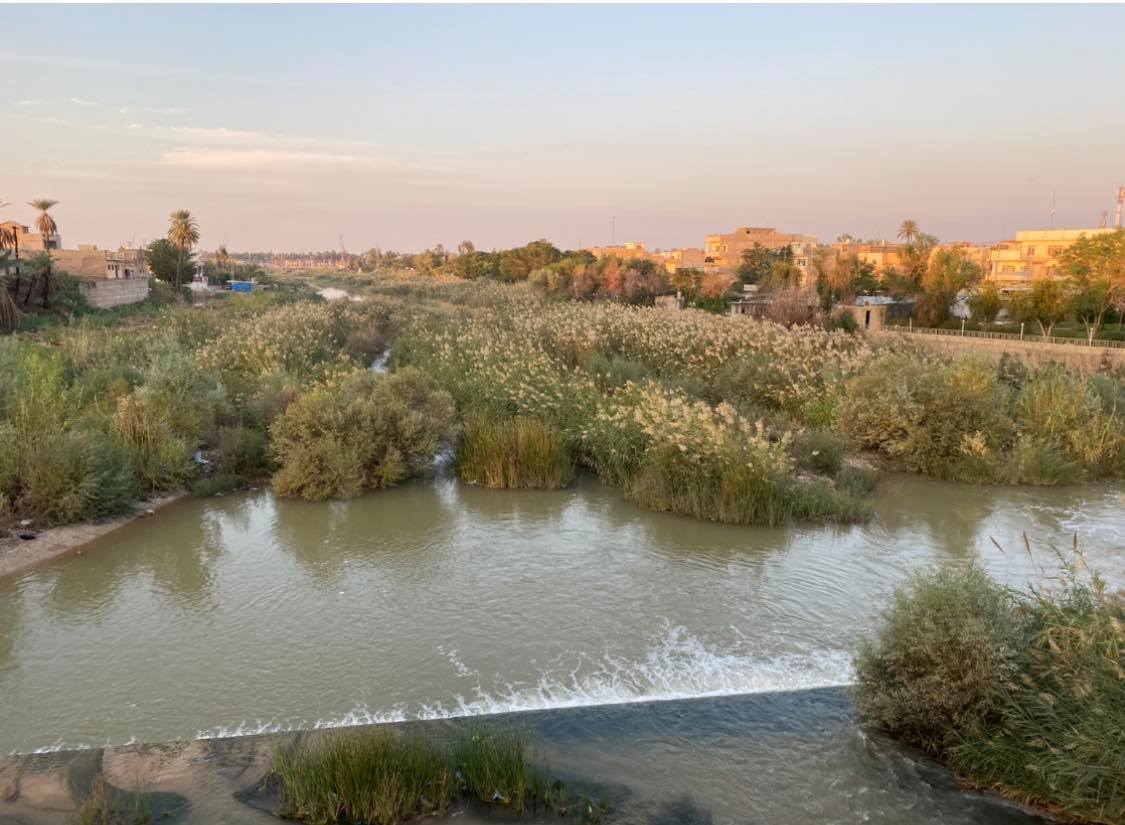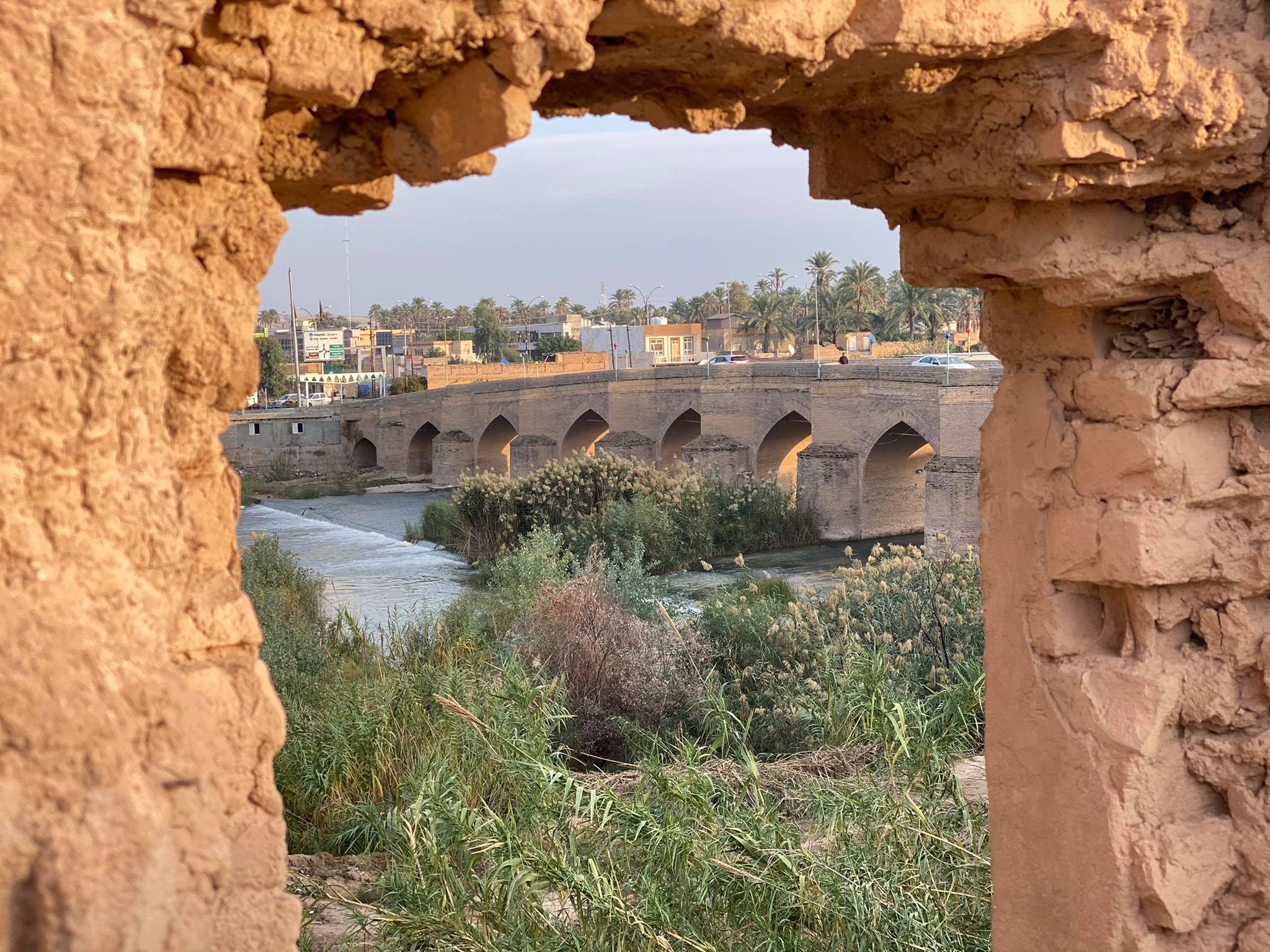Sarmad Mohammed, a resident of Rizgari neighborhood of Khanaqin district, north east of Baghdad, says "we have not seen a drop of water in the last six days."
"We always have water shortage problem and it is greater now. We buy water by tankers or from our neighbors whom have water wells," he said.
"We have not seen a drop of water in the last six days."
Mohammed pays 15,000 Iraqi Dinars (10USD) for a tanker of 4,000 liters. "We call on the government to allow us dig artesian wells."
By signature of ten families, local authorities approve application for an artesian well.
The main feeders of Khanaqin water project are rivers of Alwand and Sirwan, both their level of water is down due to poor rainfall in winter and building dams by Iran.
Besides another source of water for Khanqin is used by villagers illegally reducing its flow to the water project that gathers water and distribute it to the residents.
The 90,000 residents of the majority Kurdish town of Khanqin consume 2,000 cube meters m3 in an hour while the current capacity of the project is 800 m3.
The local authorities have formed a crisis cell to manage water shortage which arises in the blazing season where temperature hits 50 Celsius at its peak.

Currently water storage at Alwand Dam is between 15-18 million m3 while two years ago it was 39 m3, Ahmed Dalo, director of the dame said.
Water flow into the dam has remarkably dropped down. Only 2-3 m3 in a second flows into the dam while it was gathering 23m3 a second last year, Dalo added.
"The government of Iran is storing water and making new dams over the source of the water."
Another reason behind the water crisis is poor rainfall in winter, he added.
"In the coming months, no water will flow into the dam which will run out of water thus Khanqin water project will lose its main provider," Dalo added.
"In the coming months, no water will flow into the dam which will run out of water thus Khanqin water project will lose its main provider,"
Another source of water for Khanaqin is a brook from Sirwan River originated from Iran.
Local authorities blame villagers and farmers of using the brook flowing from Sirawan River into Khanaqin.
Muayad Shakir, director of Khanaqin water resources, said due to violations by the farmers and the villagers "the brook flow is interrupted."
Shakir said they have counted 47 lines taken from the brook without any permission.
Khanaqin water project was founded in 1968 when the population was 6,000 people only.
"It is true we still have the same project but the resources are diverse," said Hasan Aghajan, director of Khanqin water office. "We have also 27 artesian wells."
The project of Khanaqin water pumps 800m3 in an hour while demand for consumption is 2,000 m3. "We have asked ministry of water resources to dig 75 wells in Khanaqin," Aghajan said.
As member of the crisis cell, Aghajan said they plan to dig 10 atersian wells as soon as possible. "Khanaqin is going to face water shortage and we are at the beginning of the crisis."
"Khanaqin is going to face water shortage and we are at the beginning of the crisis."
Mayor office is optimist to run the crisis smoothly.
Yousif Ibrahim, media manager of Khanaqin mayor office, told KirkukNow they will do their best through the crisis cell to provide water to Khanaqin residents despite poor rainfall and drying the resources.
"We will dig wells and clean Alwand water dam as well in order to make better use of it," Ibrahim said.
The crisis cell suggested a 25-km pipe extension from Sirwan River which costs 5 billion Iraqi Dinars (over 3 m USD) yet it has not been confirmed by the government.





